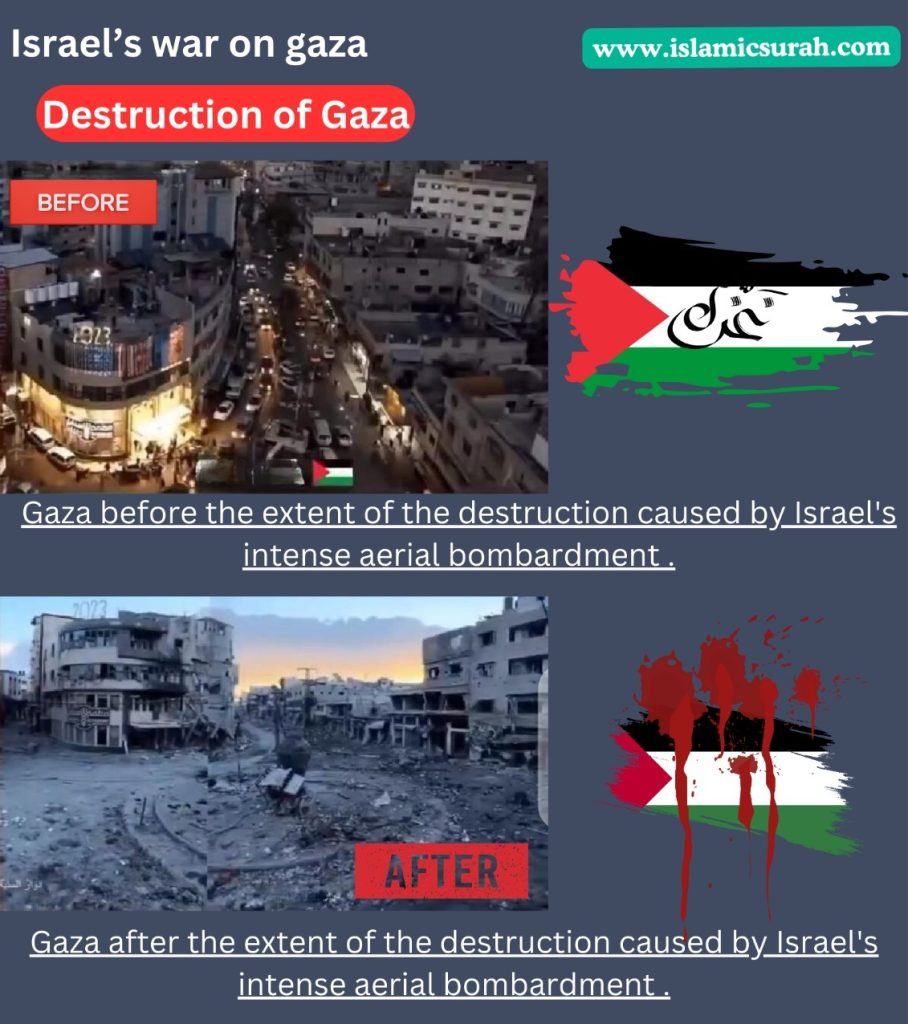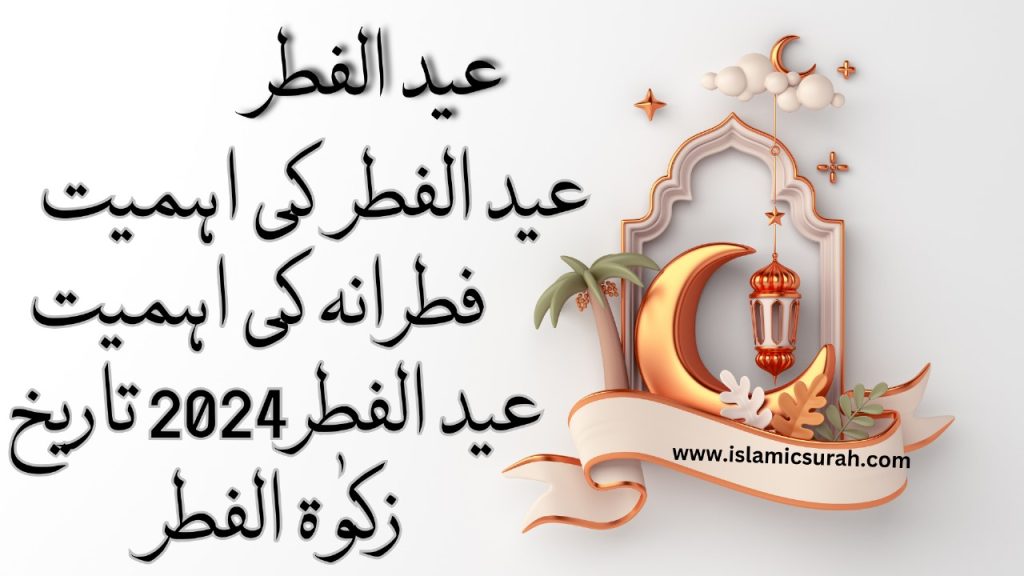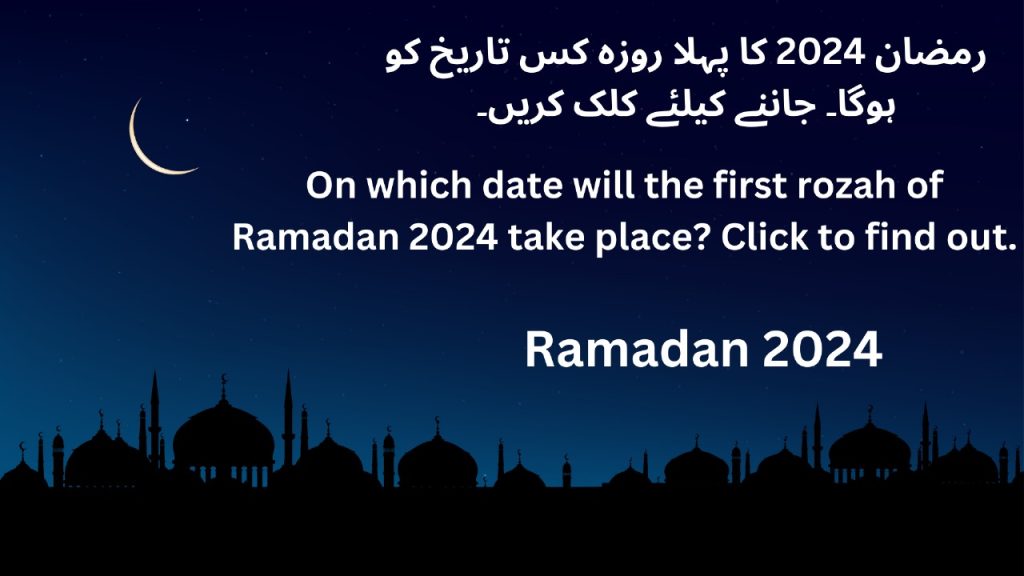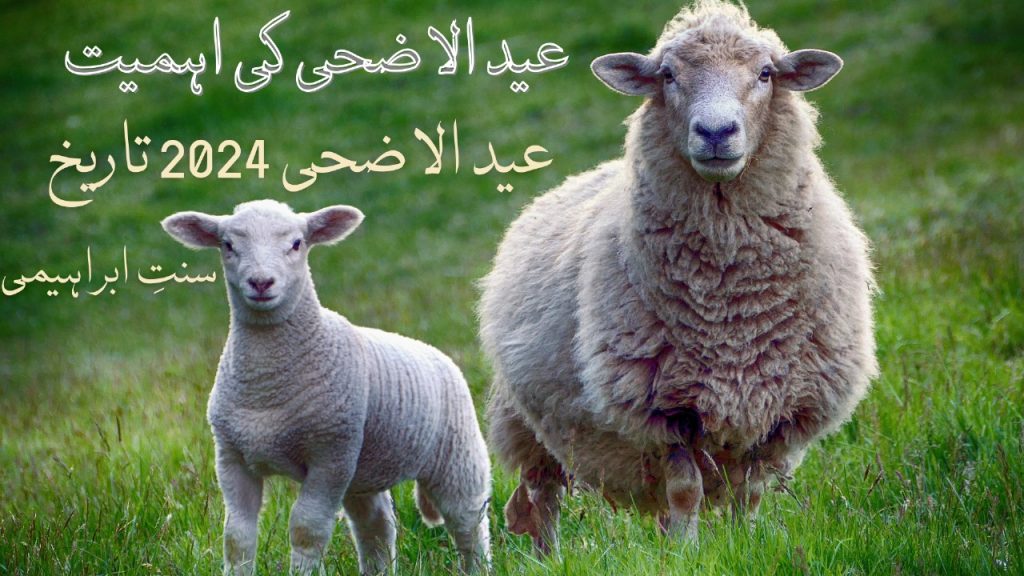Eid Mubarak
The Islamic calendar observes two distinct Eid festivals, namely Eid ul Fitar and Eid al-Adha. Eid ul-Fitr signifies the conclusion of the sacred month of Ramadan and the commencement of Shawwal. It is also reffered as Choti Eid or Meethi Eid. Eid al-Adha is observed after the completion of the Hajj, occurring on the 10th day of the 12th month. And it is also known as Bari Eid or Eid e Qurban.

Eid in 2024 date
When is Eid-al-Fitr 2024?
Because Islam follows the Hijri calendar, Islamic holidays, like Eid, don’t have fixed dates in the regular calendar. The Hijri calendar relies on the moon’s phases, and each month begins when a new crescent moon. In 2024, Eid ul-Fitr is slated to commence on the evening of April 9th and conclude on the evening of April 10th. Eid-ul-Fitr is a time for families to get together and devote themselves to prayer. Muslims visit mosques to pray under an open sky.
Eid ul fitar around the world
Eid-ul-Fitr is celebrated with civilized devotion in Muslim countries around the world. This religious festival marks the celebration of Ramadan. Celebrations of this festival vary in different cultures. During the joyful event of Eid e Fitar, efforts are made to include the less fortunate in the celebrations.
Eid in Gaza, amidst the relentless bombardment
For some 2.3 million Palestinians in Gaza this Eid, this will be the first Muslim religious holiday after more than 33,000 people have been killed in Israeli attacks. With little food aid, and very limited water, Gaza’s Eid al-Fitr will be mired in destruction amid the continuing attacks.

Importance of Eid ul fitar
Why is Eid celebrated?
Eid ul Fitar is celebrated to imprint the end of Ramadan, the holy month of fasting in Islam. Ramadan holds great significance in the Islamic calendar. As it is the month during which the first verses of the Quran were revealed to the Prophet Muhammad. It is time for Muslims to thank and express their gratitude to Allah.
One of the significant aspects of Eid ul Fitar is that people help the poor and needy in the form of ‘fitrana’. Fitrana is a form of charitable giving. It is mandatory for everyone, regardless of gender or age, be it a man, woman, elderly individual, or child. This charitable act ensures that even the less fortunate can partake in the joyous celebrations of Eid ul-Fitr.
Zakat al Fitr (Fitrana)
Various names, such as Zakat al-Fitr, Sadaqat al-Fitr, “the Charity of Breaking the Fast” during Ramadan, and Zakat al-Fitrah, known as the Alms of Human Nature or the Human Creation, refer to Fitrana. We use the term “Zakat al-Fitrah” because this obligatory charity applies to every Muslim, regardless of age or gender, at the conclusion of Ramadan.
Ibn `Abbas (may Allah be pleased with him) narrated that “The Messenger of Allah (peace be upon him) ordained Zakat ul Fitr [Fitrana] to purify the fasting person from indecent words or actions and to provide food for the needy. It is accepted as Zakat for the person who gives it before the Eid prayer, but it is a mere Sadaqah for the one who gives it after the prayer.” [Abu Dawud and Ibn Majah].
What distinguishes Fitrana from the annual Zakat contribution?
In contrast to Zakat al-Mal and other charitable acts, Fitrana is obligatory for individual Muslims, regardless of their financial status, and its obligation specifically links to the conclusion of Ramadan, distinguishing it as a unique form of charitable responsibility.
How much fitrana to pay?
Annually, the required contribution for Fitrana is subject to adjustment based on evolving socio-economic circumstances. Fitrana is quantified as three and a half kilograms of staple food items such as wheat, barley, or rice. Alternatively, monetary payment is accepted, and the amount is determined by converting the value of three and a half kilograms of food into cash.
Importance of fitarana
Fitrana serves as an expression of gratitude to God for granting us the strength to fulfill the mandatory fasts. It also fosters a sense of communal celebration during Eid al-Fitr, ensuring that people worldwide, including those less fortunate, can partake in the joyous festivities. Moreover, it acts as a means to purify ourselves from any lapses or misbehavior that may have occurred during the month of Ramadan.
Read more about Eid ul Adha Here.


